The Future of Democracy: Examining the Impact of Social Media on Political Discourse

Table of Contents
- Introduction
- Understanding the Framework of Democracy
- H2: The Core Principles of Democracy
- H2: The Role of Political Discourse in Democracy
- The Rise of Social Media in Political Discourse
- H2: Historical Context
- H2: Changing Dynamics of Communication
- The Positive Impacts of Social Media on Democracy
- H2: Increased Political Participation
- H2: Enhanced Access to Information
- H2: Facilitating Real-Time Engagement
- The Challenges Posed by Social Media
- H2: Misinformation and Fake News
- H2: Echo Chambers and Polarization
- H2: The Role of Algorithms
- The Future of Democratic Discourse in a Social Media Era
- H2: Potential for Reform
- H2: The Role of Regulation
- H2: Harnessing the Power of Social Media for Good
- Conclusion
- H2: Additional Resources for Further Reading
Introduction
In today’s interconnected world, democracy is more than just a political system; it is a global dialogue influenced significantly by rapid advancements in technology. Central to this evolution is the rise of social media, which has fundamentally transformed political discourse. While platforms like Twitter, Facebook, and Instagram have democratized information dissemination and engagement, they have also introduced challenges that impact the democratic process. This article delves into the future of democracy, emphasizing social media’s multifaceted influence on political conversations, public opinions, and democratic institutions.
Understanding the Framework of Democracy
H2: The Core Principles of Democracy
Democracy thrives on several key principles, including popular sovereignty, political equality, and the rule of law. Each citizen’s voice matters, aiming to foster a government that reflects the will of the people. However, as political discourse evolves, the framework of democracy is continually tested.
H2: The Role of Political Discourse in Democracy
Political discourse involves the exchange of ideas and opinions about governance and policy. Healthy dialogue is essential for informed voting and civic participation. In traditional settings, this discourse occurred through debates, public forums, and journalism. However, social media has introduced new avenues for engagement, impacting how these conversations unfold.
The Rise of Social Media in Political Discourse
H2: Historical Context
The advent of social media in the early 21st century marked a seismic shift in communication. Initially intended for social networking, platforms quickly became venues for political dialogue. Unlike traditional media, social media offers real-time interaction, allowing users to respond, debate, and share information rapidly.
H2: Changing Dynamics of Communication
Social media transforms the way political messages are crafted and consumed. Candidates and political parties now tailor their strategies to engage voters directly, using targeted advertising and curated content. This shift has significant implications for how information shapes public perception and voter behavior.
The Positive Impacts of Social Media on Democracy
H2: Increased Political Participation
One of the most significant benefits of social media is its capacity to mobilize citizens. Platforms allow grassroots movements to gain traction, fostering increased political engagement. For instance, campaigns like #MeToo and Black Lives Matter have galvanized support for social justice globally, demonstrating social media’s power as a tool for change.
H2: Enhanced Access to Information
Social media democratizes access to information. Users can bypass traditional media gatekeepers and seek various perspectives on political issues. This accessibility encourages informed voting and allows lesser-known candidates to gain visibility.
H2: Facilitating Real-Time Engagement
The immediacy of social media platforms enables real-time communication between politicians and constituents. This transparency can enhance accountability as elected officials respond to citizen inquiries and concerns swiftly.
The Challenges Posed by Social Media
H2: Misinformation and Fake News
Despite its advantages, social media is also a breeding ground for misinformation. The rapid spread of false information can manipulate public perception, leading to polarization and undermining trust in democratic institutions. Understanding the impact of misinformation on elections, studies indicate that fake news can influence voter behavior (e.g., Harvard Kennedy School).
H2: Echo Chambers and Polarization
Social media can create echo chambers, where users are exposed only to viewpoints that align with their own. This phenomenon can deepen political polarization, making constructive dialogue challenging. Research by Pew Research Center shows that people increasingly rely on social media to confirm their pre-existing beliefs, reinforcing divisions.
H2: The Role of Algorithms
Algorithms play a crucial role in determining what content users see on social media. These algorithms often prioritize engagement over accuracy, which can lead to sensationalist content gaining more visibility than legitimate discourse. Understanding these dynamics is vital for grasping how political narratives are shaped.
The Future of Democratic Discourse in a Social Media Era
H2: Potential for Reform
Addressing the challenges posed by social media requires reform at multiple levels. Governments, social media companies, and users must work collaboratively to establish guidelines that prioritize accurate information dissemination. Implementing fact-checking systems and promoting digital literacy can empower users to navigate the complex information landscape better.
H2: The Role of Regulation
As social media’s impact on political discourse becomes increasingly apparent, the need for regulation also grows. Policymakers are tasked with balancing free speech and the prevention of harmful misinformation. Ongoing discussions around policies such as data privacy and advertising transparency will shape the landscape of political discourse.
H2: Harnessing the Power of Social Media for Good
The future of democracy lies in utilizing social media’s strengths while mitigating its weaknesses. Building inclusive digital landscapes that promote open dialogue can help bridge divides. Initiatives that encourage diverse discussions and constructive feedback can cultivate a healthier political environment.
Conclusion
The impact of social media on political discourse is profound and complex. While it offers unprecedented opportunities for engagement and access to information, it also poses significant challenges that threaten the integrity of democratic systems. As we move forward, a collective effort to harness the positive aspects of social media while addressing its drawbacks will be necessary to ensure that democracy remains robust and inclusive. The road ahead requires collaboration between citizens, platforms, and policymakers to foster a political discourse that reflects the diverse voices of today’s society.
H2: Additional Resources for Further Reading
For those interested in exploring more on topics related to democracy and technology, check out these articles:
By understanding both the opportunities and challenges that social media presents, we can work towards building a more resilient democratic discourse grounded in truth and inclusivity.
Latest Posts
Lorem ipsum dolor sit amet, consectetur adipiscing elit. Ut elit tellus, luctus nec ullamcorper mattis, pulvinar dapibus leo.
TOP NEWS
Copyright © 2025 heartlandheadlines.site | All rights reserved.


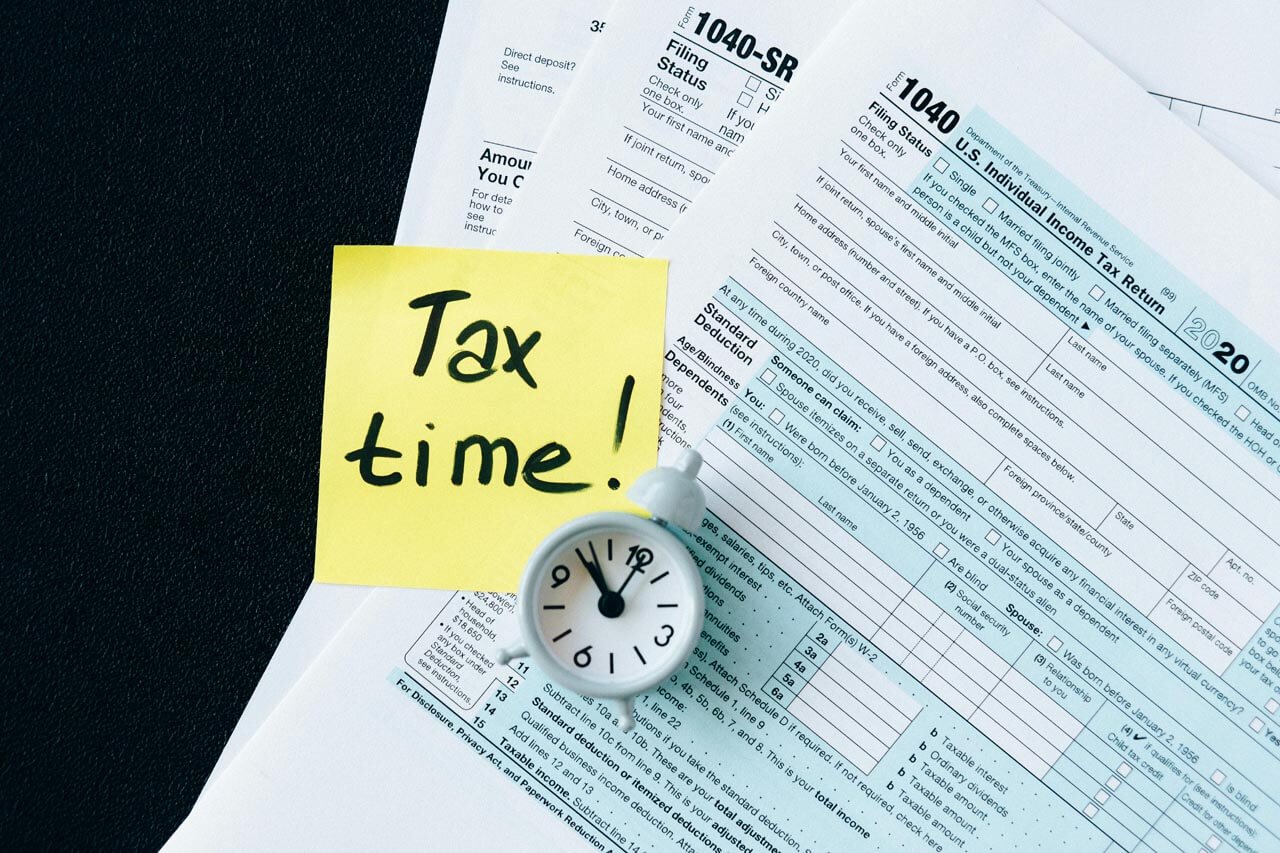
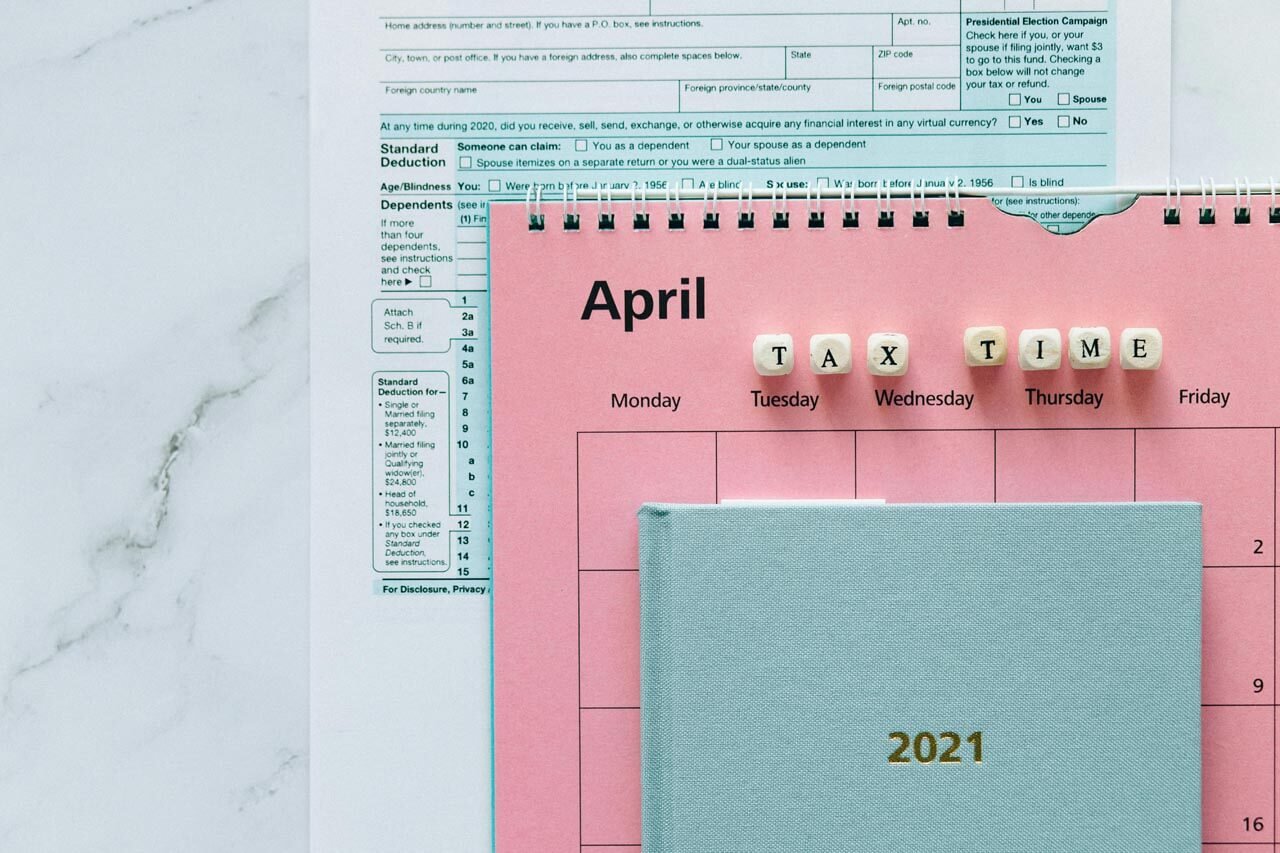








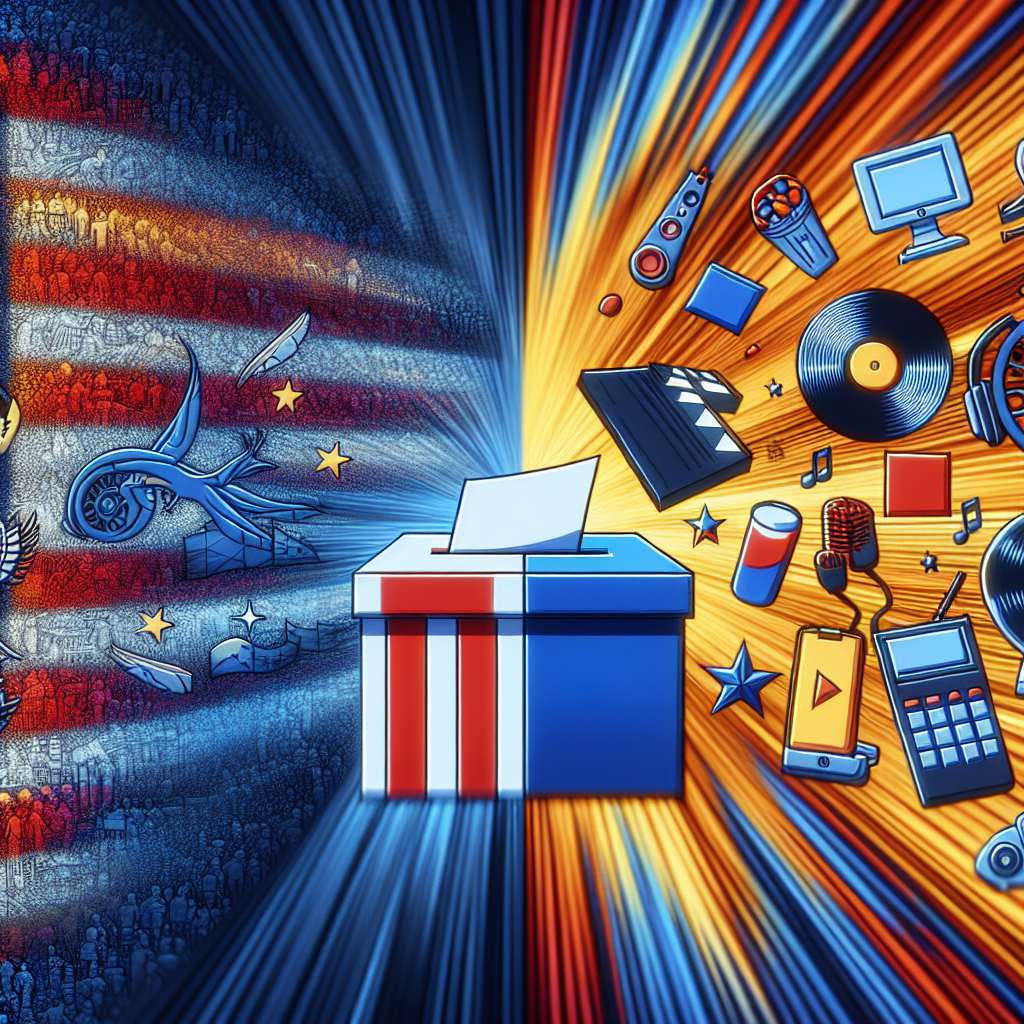
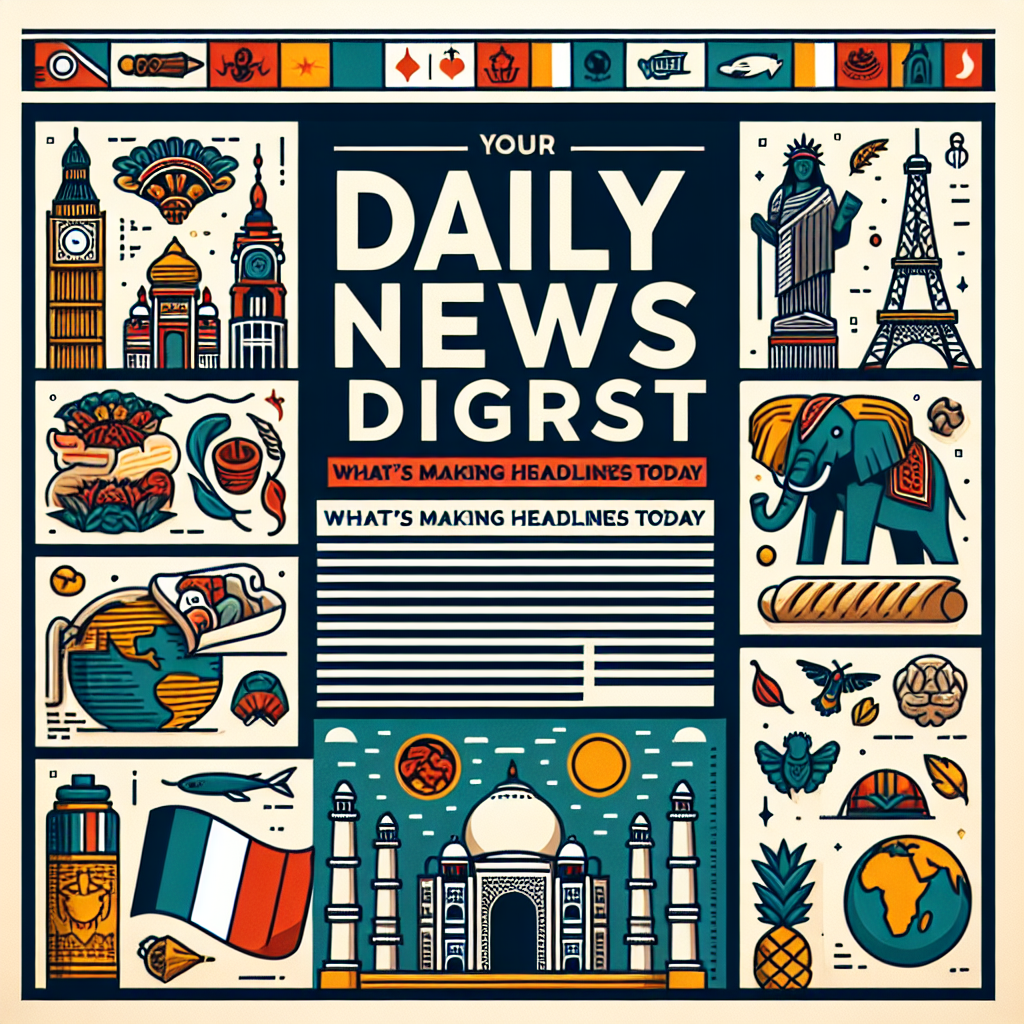
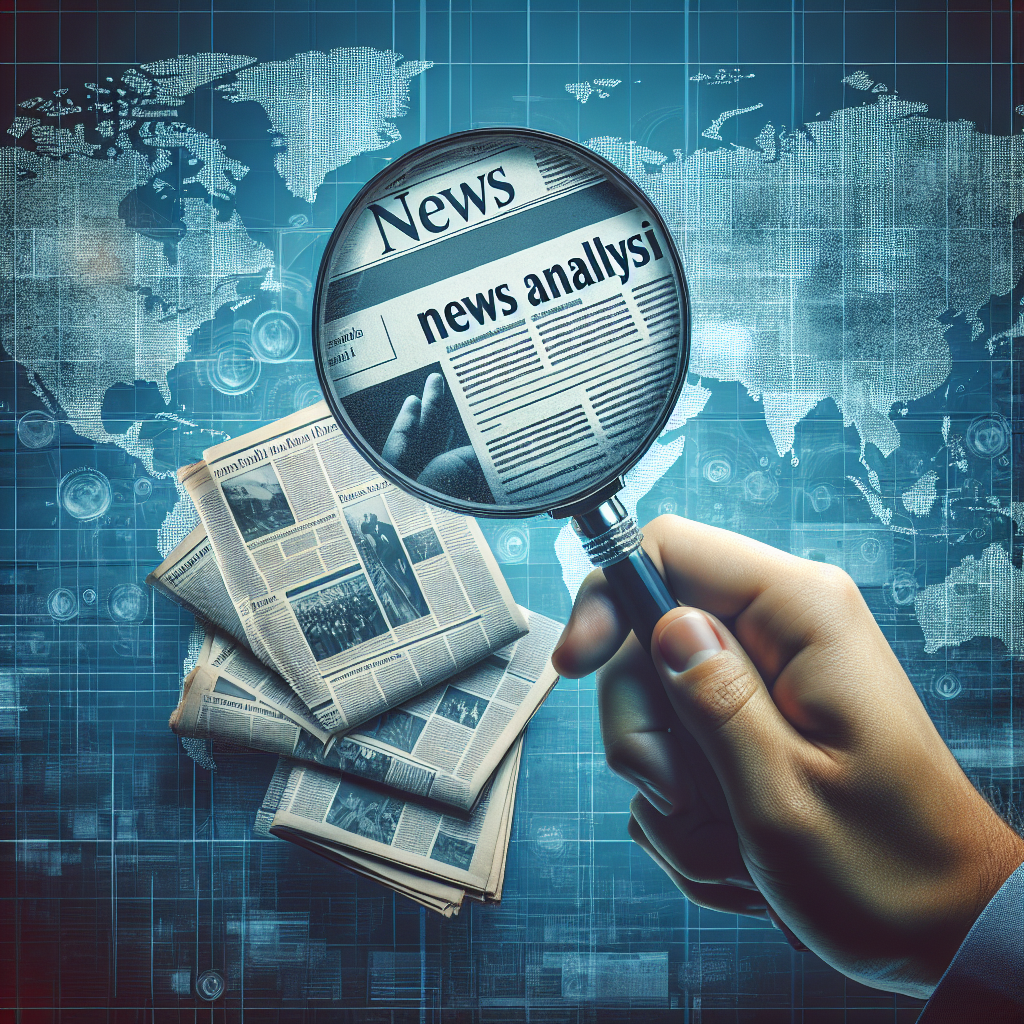




No Comments